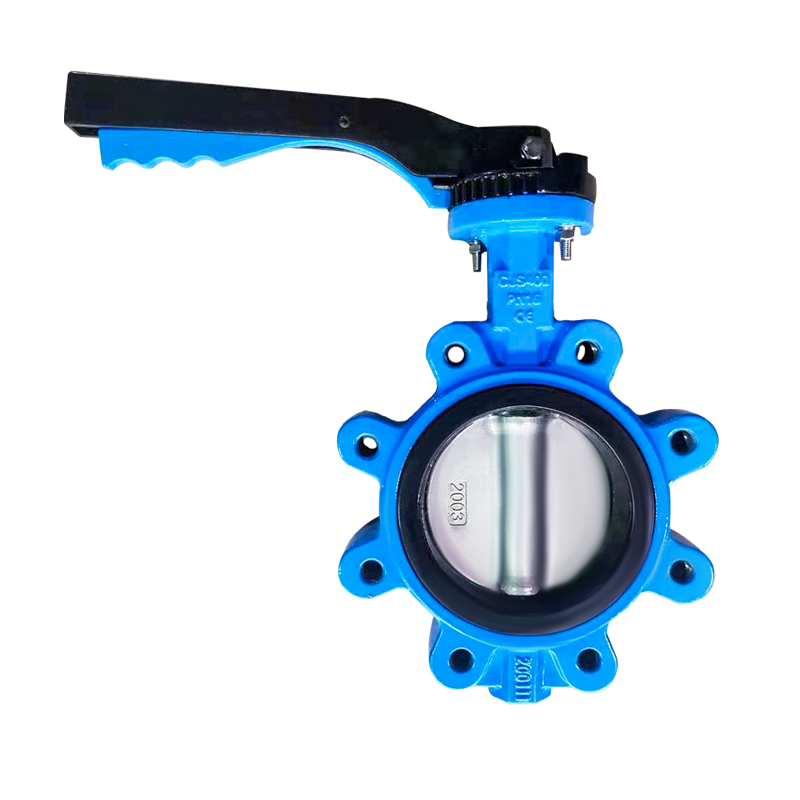
- Call Us
- +8618633052223
- njhdvlz@163.com
Sep . 14, 2024 16:28 Back to list
vacuum pump check valve suppliers
Vacuum Pump Check Valve Suppliers A Brief Overview
Vacuum pumps are essential components in a variety of industrial and scientific applications, as they create a vacuum or reduce the pressure within a system. One crucial part of these systems is the check valve, which prevents backflow and ensures that the vacuum is maintained efficiently. With the increasing demand for reliable vacuum systems, the market for vacuum pump check valve suppliers has expanded significantly. In this article, we explore the significance of check valves, the types available, and how to choose the right supplier for your needs.
Importance of Check Valves in Vacuum Systems
Check valves are critical in vacuum systems as they facilitate the unidirectional flow of gases. They prevent backflow, which can disrupt the vacuum integrity, leading to inefficiencies and potential damage to the pump and other system components. In applications like semiconductor manufacturing, pharmaceuticals, and food processing, maintaining a stable vacuum environment is essential. A failure in the check valve can lead to contamination, production downtime, and cost implications.
Types of Vacuum Pump Check Valves
There are various types of check valves available for vacuum pumps, each designed for specific applications
1. Spring-Loaded Check Valves These are the most common types where a spring mechanism holds the valve closed until the pressure exceeds a certain threshold. They offer a reliable sealing mechanism and are suitable for various vacuum levels.
2. Ball Check Valves In these valves, a ball is seated against a machined inlet under low pressure, allowing flow only in one direction. They are known for their simplicity and reliability.
3. Diaphragm Check Valves These valves utilize a flexible membrane that lifts off the seat when the pressure exceeds a specific level, allowing flow. They are ideal for applications that require tight seals and minimal leakage.
4. Swing Check Valves This design features a swinging disc that moves away from the seat to allow flow in one direction. They are often used in larger vacuum systems due to their robust construction.
vacuum pump check valve suppliers

Choosing the Right Supplier
When selecting a vacuum pump check valve supplier, there are several factors to consider
1. Quality and Compliance Ensure that the supplier adheres to industry standards and regulations. High-quality valves reduce the risk of failures and increase the overall efficiency of the vacuum system.
2. Product Range Choose a supplier that offers a variety of check valves compatible with different vacuum pumps and applications. This ensures that you can find a solution tailored to your specific requirements.
3. Technical Support Strong technical support and customer service are crucial. Suppliers who provide assistance with installation, maintenance, and troubleshooting can help mitigate potential issues in your vacuum system.
4. Reputation and Experience Consider suppliers with a proven track record in the industry. Reviews, testimonials, and case studies can offer insights into their reliability and service quality.
5. Pricing and Warranty While cost is always a factor, it should not come at the expense of quality. Look for competitive pricing but also consider the warranty and service options offered.
Conclusion
Vacuum pump check valves are indispensable components that help maintain the efficiency and reliability of vacuum systems. By understanding the types available and how to select the right supplier, businesses can ensure optimal performance and longevity in their operations. Whether for manufacturing, research, or industrial applications, investing in quality check valves is a decision that pays off in the long run.
-
Stainless Steel Sanitary Butterfly Valve for Hygienic Flow Control
NewsJul.30,2025
-
High-Performance Groove Butterfly Valve for Easy Installation
NewsJul.30,2025
-
High-Quality 2 Inch Butterfly Valve for Precise Flow Control
NewsJul.29,2025
-
Double Flanged Short Pattern Butterfly Valve for Reliable Flow Control
NewsJul.29,2025
-
High Quality Wafer Check Valve Factories – Reliable Manufacturer & Supplier
NewsJul.29,2025
-
Stainless Steel Sanitary Butterfly Valve for Hygienic Applications
NewsJul.28,2025